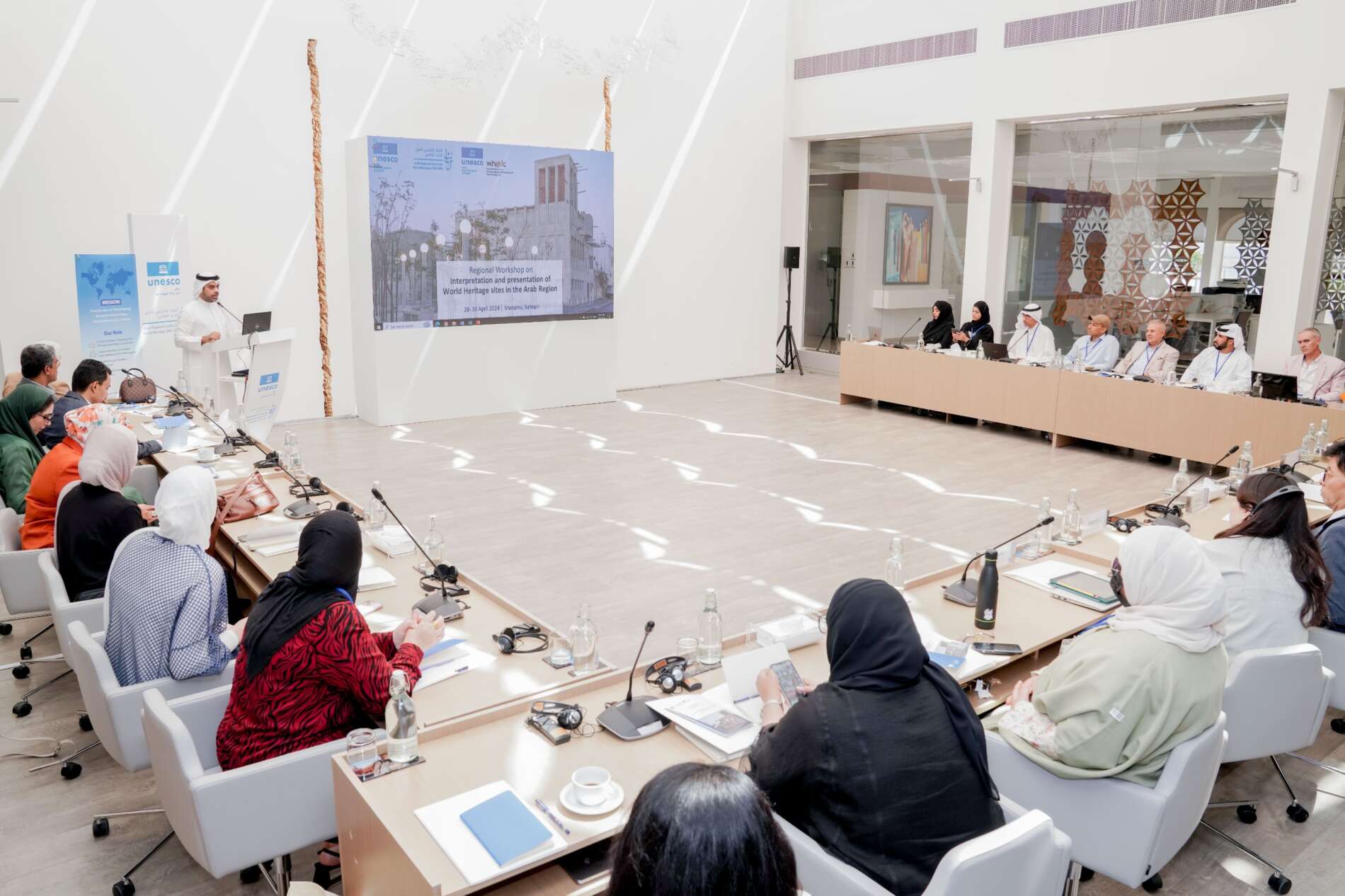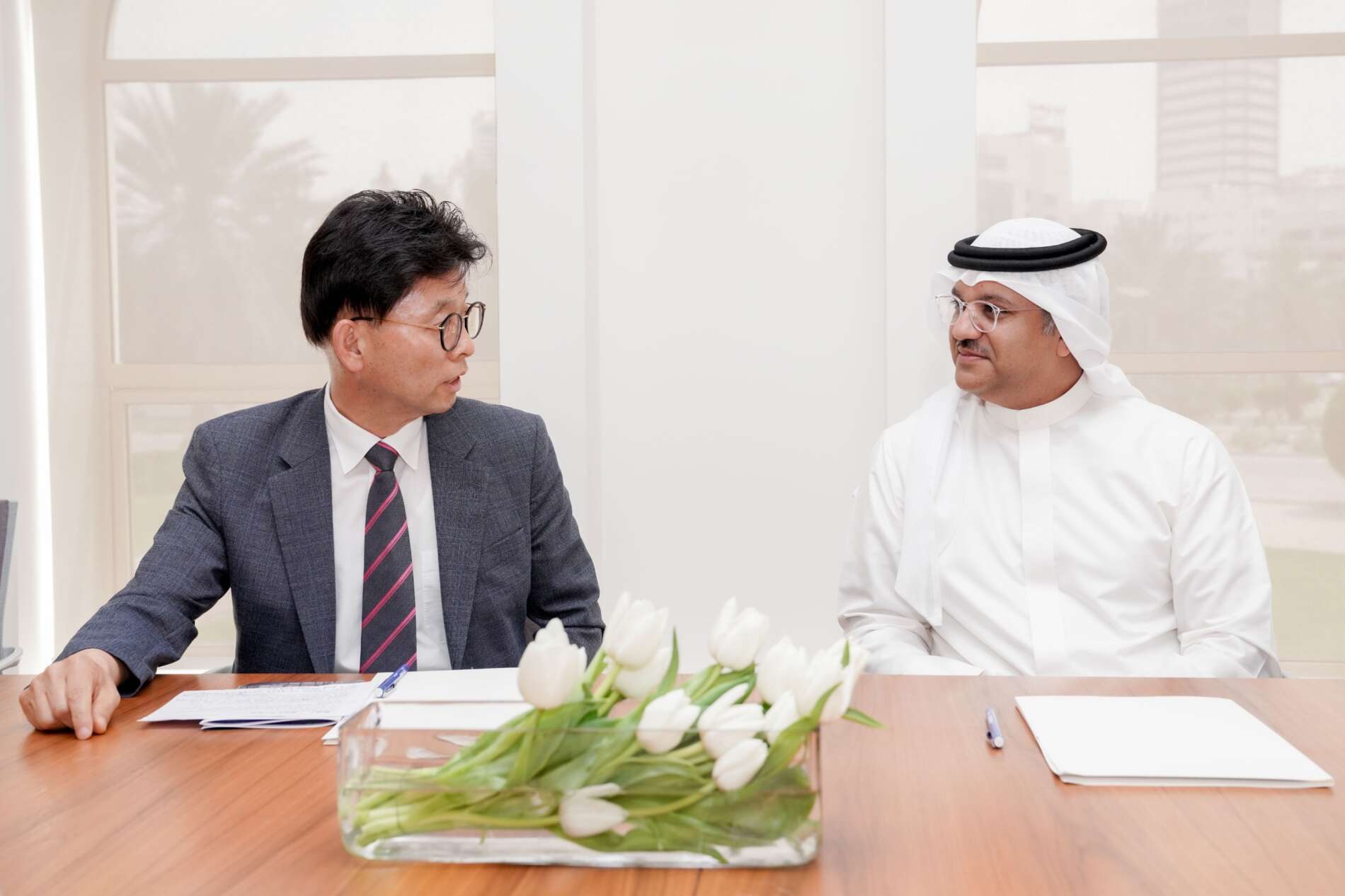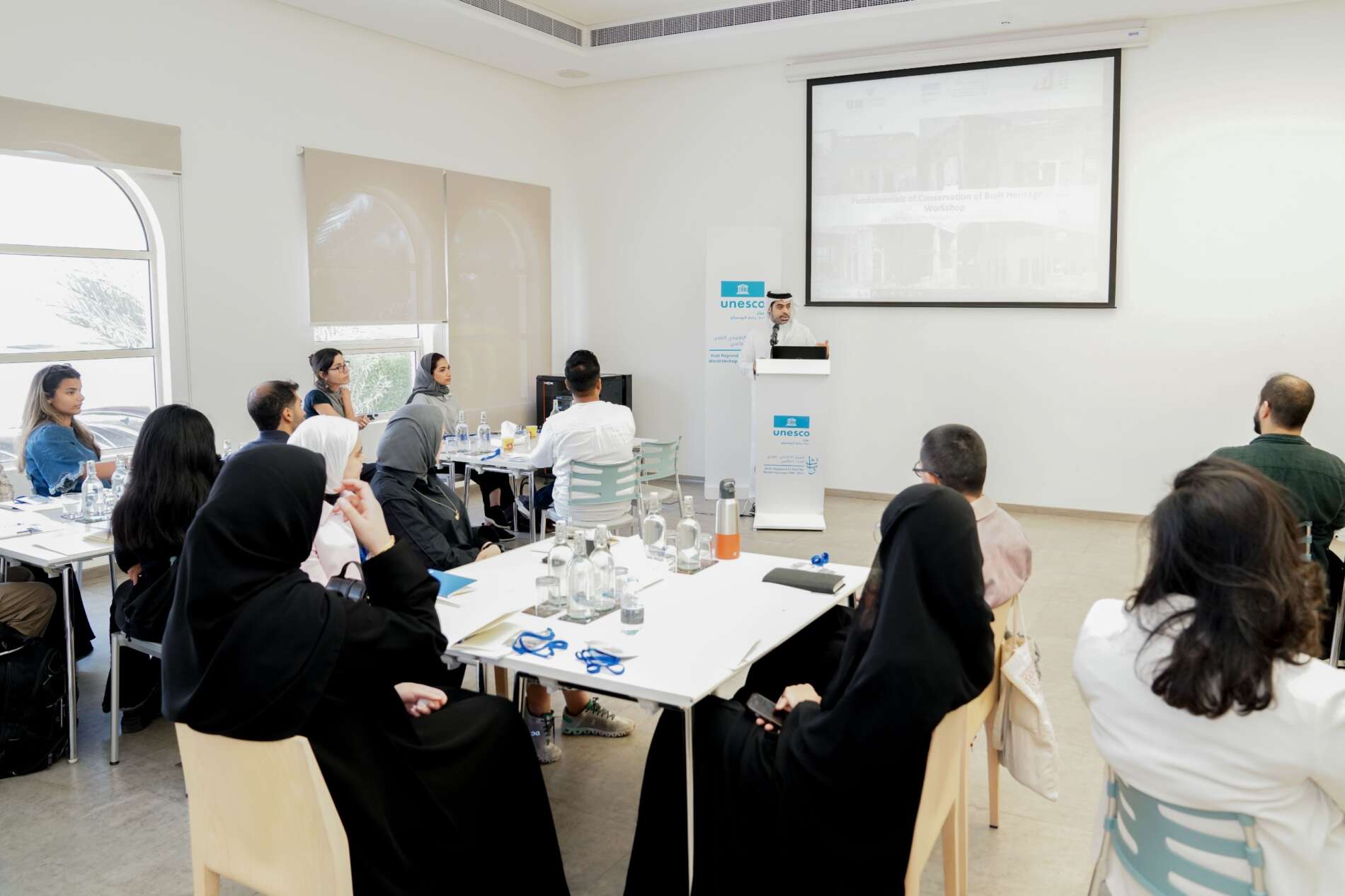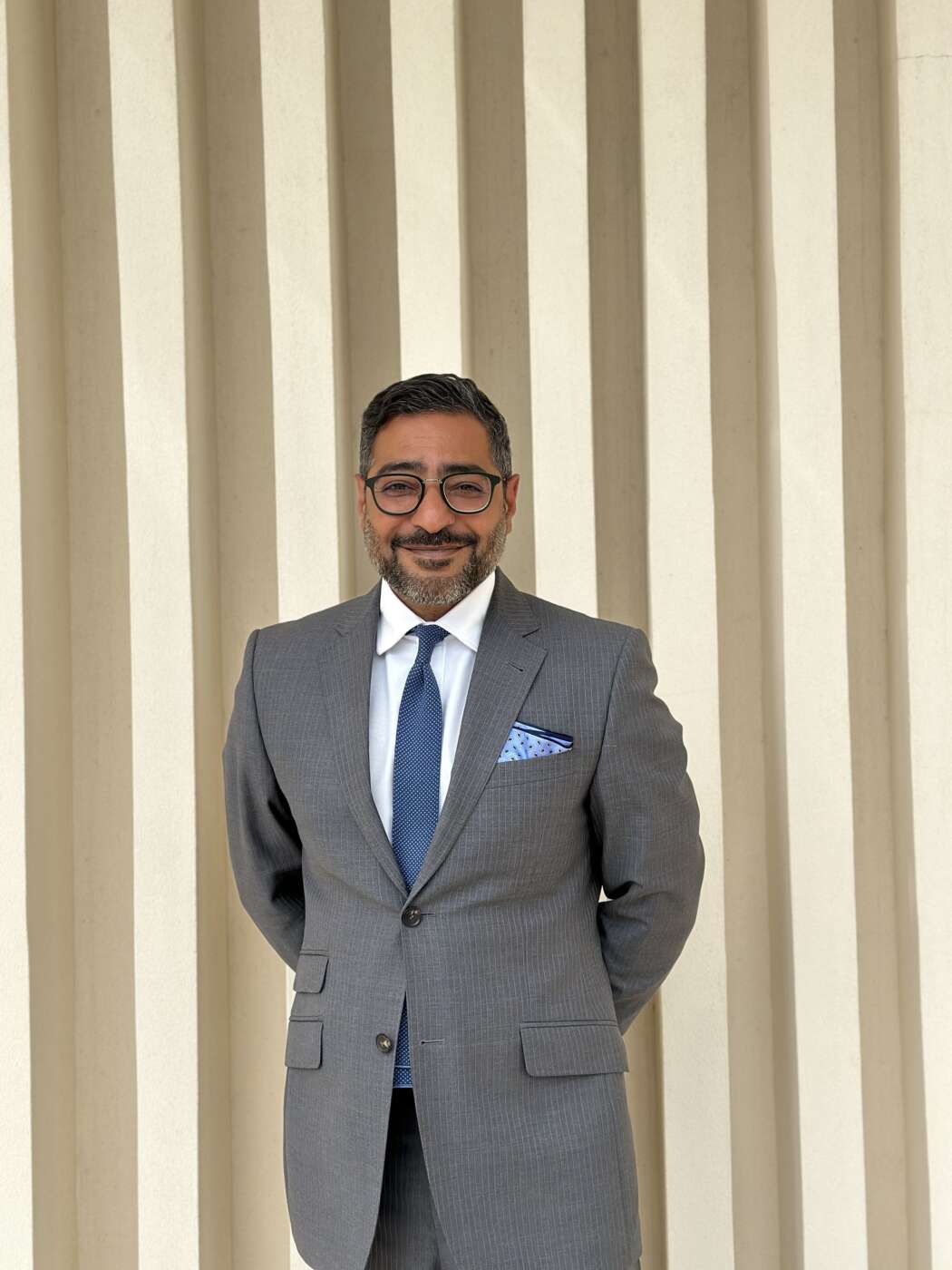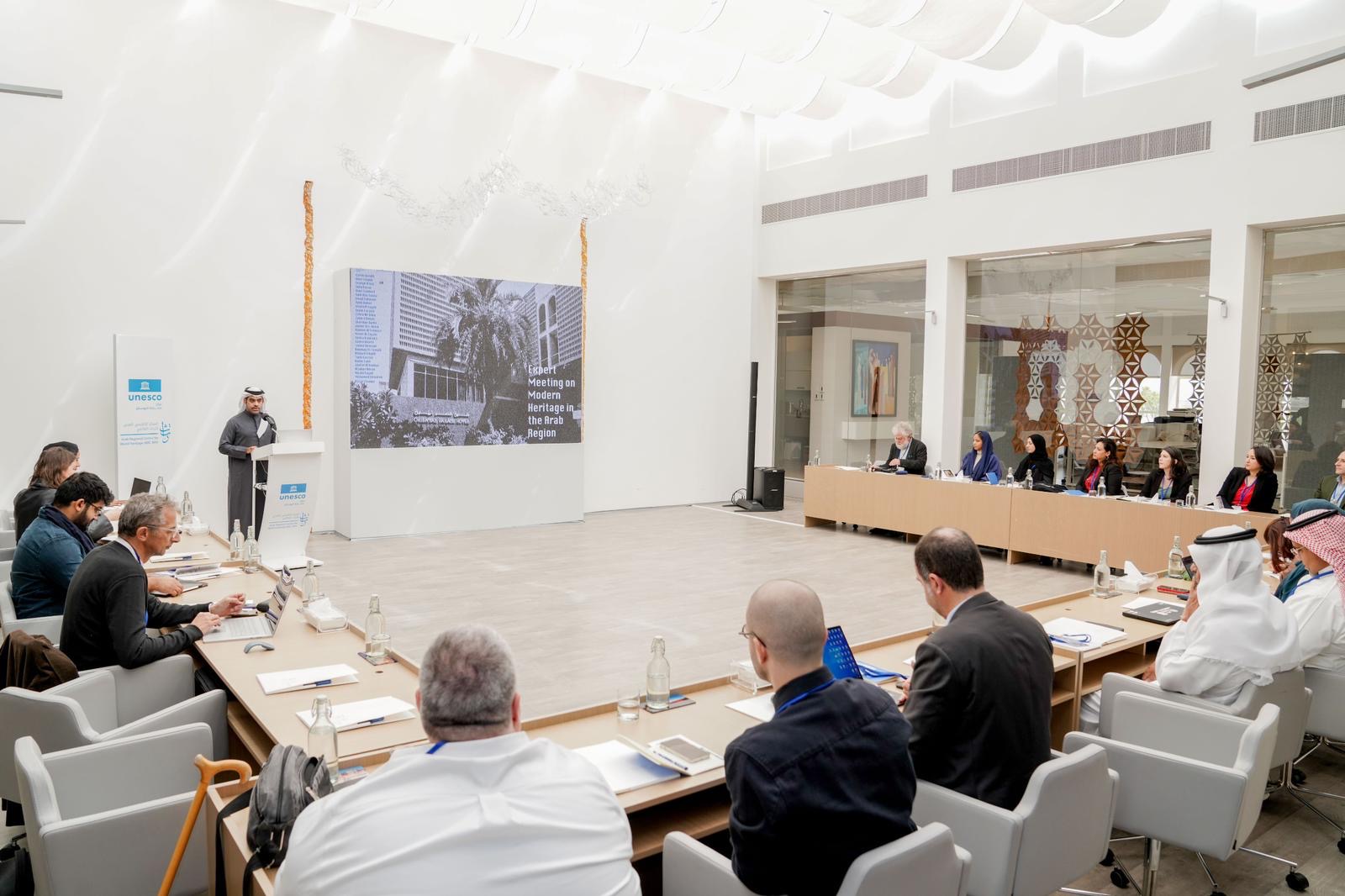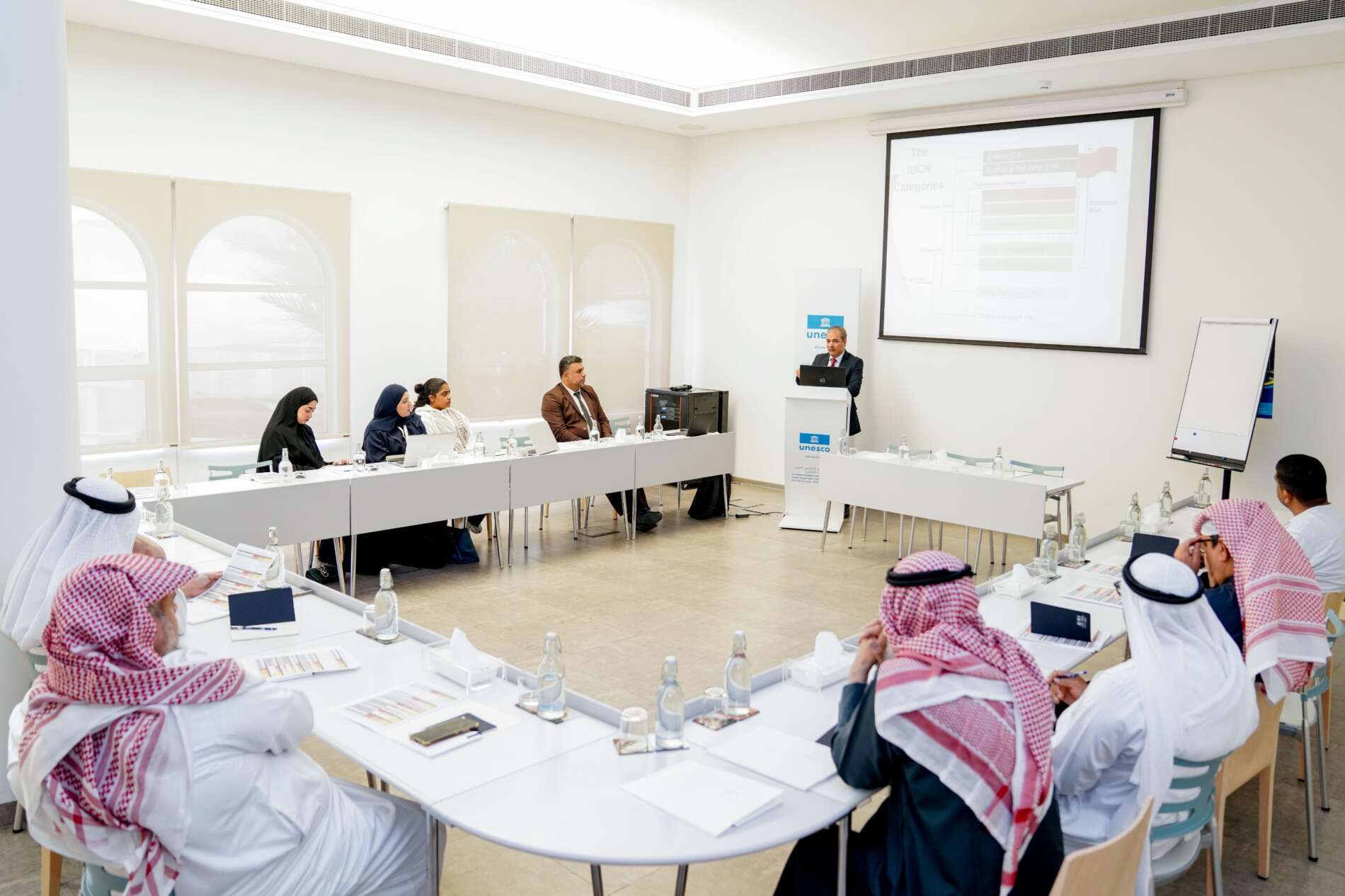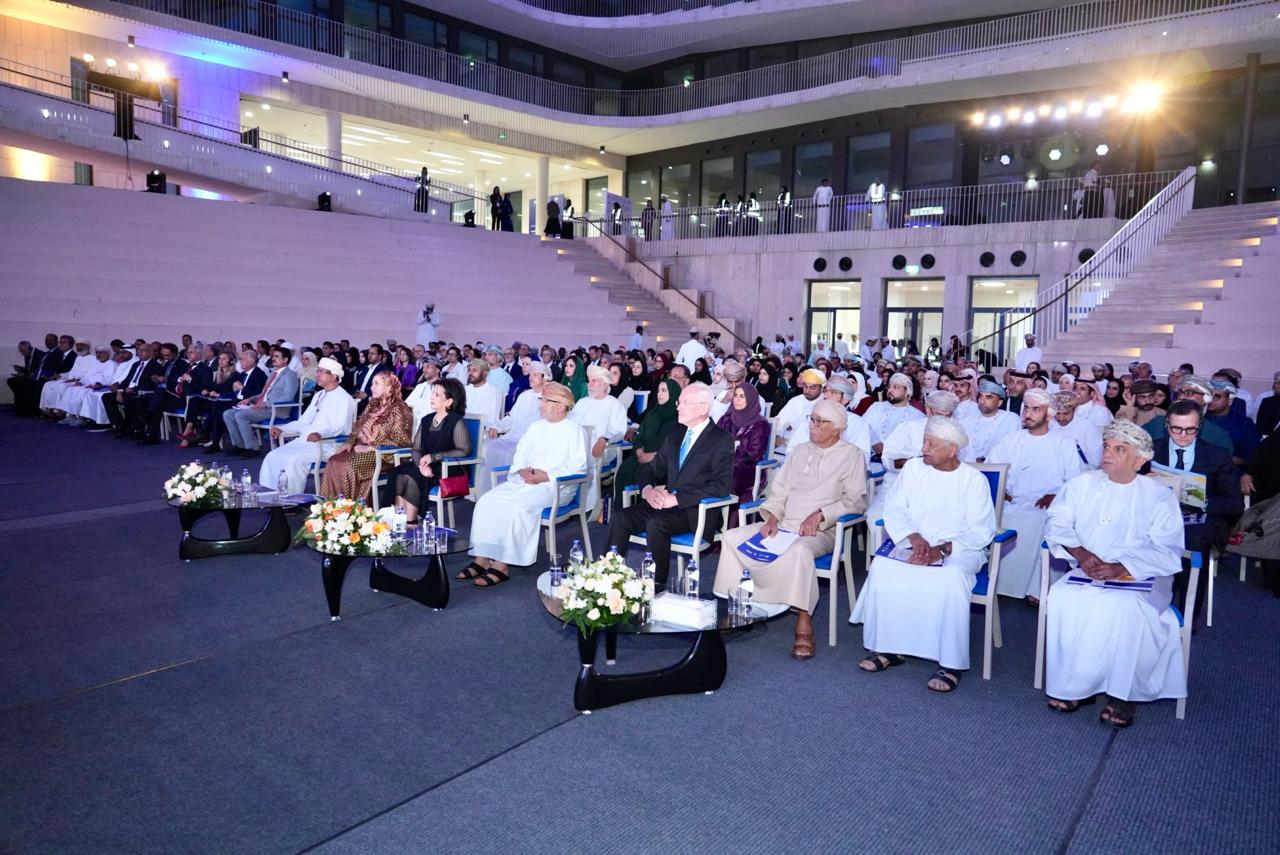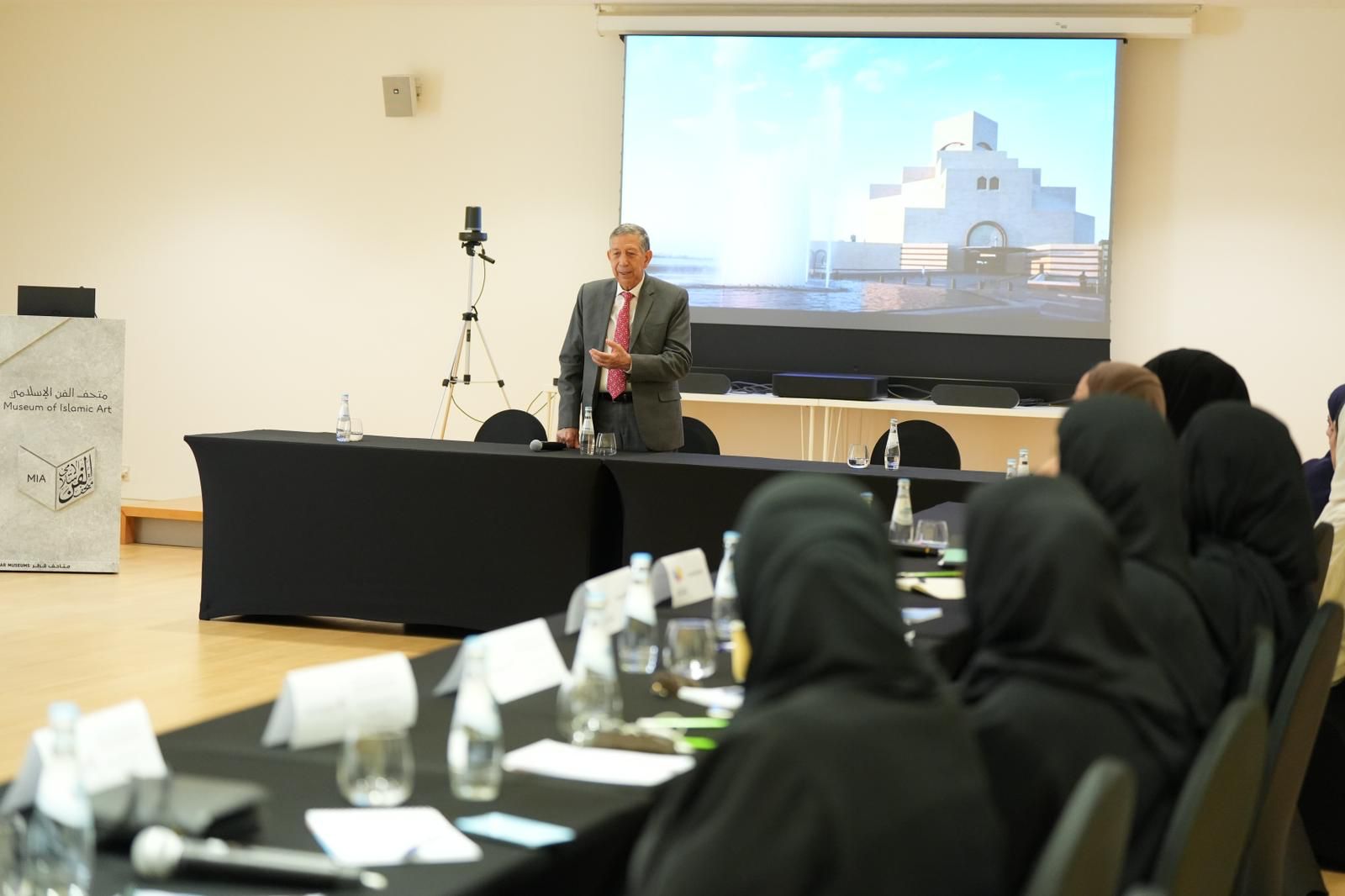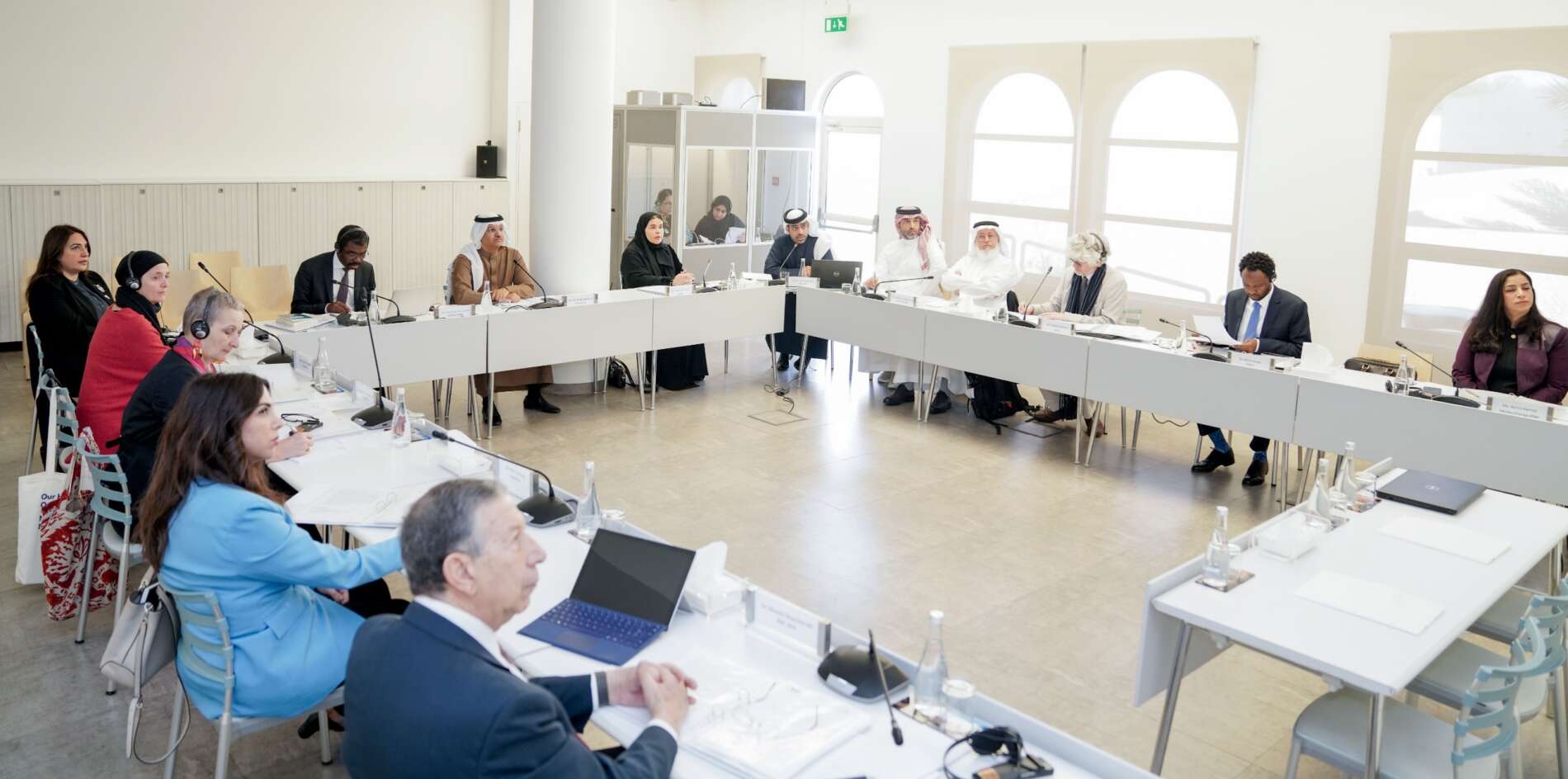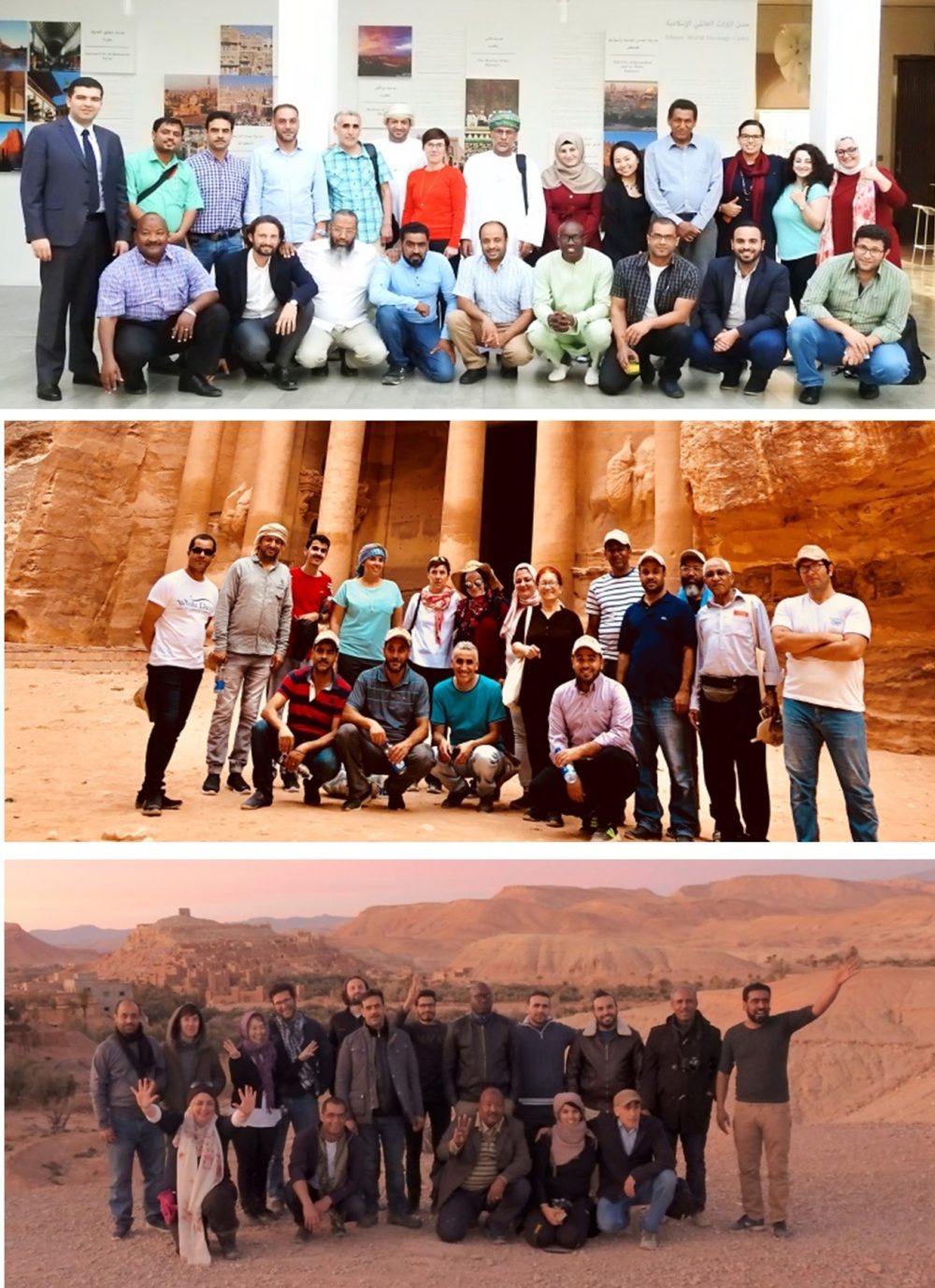
Implementation of the Enhancing Our Heritage (EoH) toolkit: Management Effectiveness Assessment
ARC-WH is pleased to announce the culmination of its regional training programme on the Implementation of the Enhancing Our Heritage (EoH) toolkit: Management Effectiveness Assessment.
The EoH toolkit was originally designed to guide the management assessment of natural heritage sites (for more information, please consult: https://whc.unesco.org/en/seri…). However, the toolkit is currently undergoing a revision phase in light of the current trend to look at World Heritage sites from a more holistic point of view and to allow a more adequate consideration of existing linkages between cultural and natural heritage elements.
The ARC-WH training programme was designed as a first-of-its-kind pioneer initiative which uses the Arab Region as a case study to inform, apply and test the revision of the EoH toolkit by inviting eleven World Heritage site managers from the Arab Region representing the following natural and mixed sites, as well as selected Cultural Landscapes: Aflaj Irrigation Systems of Oman (Oman), Banc d’Arguin National Park (Mauritania), Ichkeul National Park (Tunisia), Ksar of Ait-Ben-Haddou (Morocco), Palestine: Land of Olives and Vines – Cultural Landscape of Southern Jerusalem, Battir (Palestine), Petra (Jordan), Sanganeb Marine National Park and Dungonab Bay – Mukkawar Island Marine National Park (Sudan), Tassili n’Ajjer (Algeria), Wadi al Hitan – Whale Valley (Egypt), and Wadi Rum Protected Area (Jordan).
The programme was implemented in cooperation with expert consultants, as well as the Advisory Bodies IUCN and ICCROM through their World Heritage Leadership Programme and local partners. Due to this diversity of origins and linguistic backgrounds of all contributing workshop participants, the training was entirely conducted Arabic, English and French.
It covered a span of one year and officially started in April 2018 with its first workshop organised the Arab Regional Centre for World Heritage in Manama, Kingdom of Bahrain.
The second workshop took place in September 2018 in the World Heritage site Petra, Hashemite Kingdom of Jordan, and was organised with the support of the local partners of the Department of Antiquities, the United Nations Development Programme (UNDP Jordan), as well as the Petra Development & Tourism Region Authority.
This year, the training programme concluded in January 2019 with its third workshop that took place in Ouarzazate, and the nearby World Heritage site Ksar of Ait-Ben-Haddou, Kingdom of Morocco. The organisation of this workshop was facilitated with the generous hosting of our local partners from the Ministry of Culture and Communication as well as the Centre for Conservation and Rehabilitation of Atlantic and Sub-Atlantic Architectural Heritage (CERKAS).
As this training programme followed a ‘learning by doing’ approach, the site managers were dedicatedly working on specific management-related topics through the application of each tool of the EoH toolkit, distributed between all workshops over the course of the year. The results were then used as a basis for discussions and assessments during each workshop.
The main objective of this training programme was to support eleven World Heritage site managers of natural and mixed sites as well as Cultural Landscapes in the nine State Parties in the Arab Region on how to enhance the effectiveness of their site management. The workshop evaluation has shown that they achieved an enhanced understanding of their own site values over the span of one year, which consequently led towards a more facilitated assessment of their own management effectiveness in regards to the identification of management objectives and factors affecting the site, the engagement of rights holders and stakeholders, an evaluation of existing management planning documents and relevant national policies, an assessment of delineation & design issues in regards to integrity and community well-being, the assessment of management needs, inputs and processes, the implementation of management plans as well as the establishment of output indicators and the identification of desired outcomes of the site management.
At the end of the training programme, the workshop participants have achieved an overview of what is going well in regards to the protection of the Outstanding Universal Value of their site and its management as well as which challenges the site management might need to face more adequately in order to enhance the management effectiveness of their World Heritage site.
Furthermore, ARC-WH continues to seek in building a stronger network of World Heritage site managers in the Arab Region by creating an interconnected environment to meet and interchange experiences. This programme has proven to be highly successful in this regard since the site managers have used the opportunity to establish fruitful networks to exchange ideas and information that will ultimately contribute to an enhanced implementation of the World Heritage Convention in the Arab Region.
In conclusion, the EoH training programme was a highly successful step towards implementing the revised strategy of ARC-WH seeking a more coherent synergy between the cultural and natural heritage component for the implementation of its Regional Programmes as well as a first stepping stone towards supporting the World Heritage Leadership Programme. ARC-WH would like to sincerely thank all its committed resource persons and partners for the excellent support in implementing this training programme. A special appreciation is expressed towards the impressive dedication of all World Heritage site managers who have worked responsibly throughout the entire year towards the ultimate goal of safeguarding the Outstanding Universal Value of their World Heritage sites for current and future generations.

